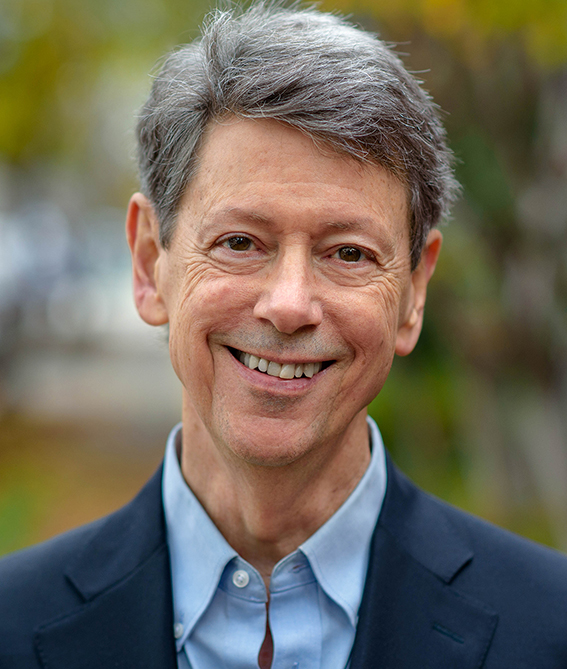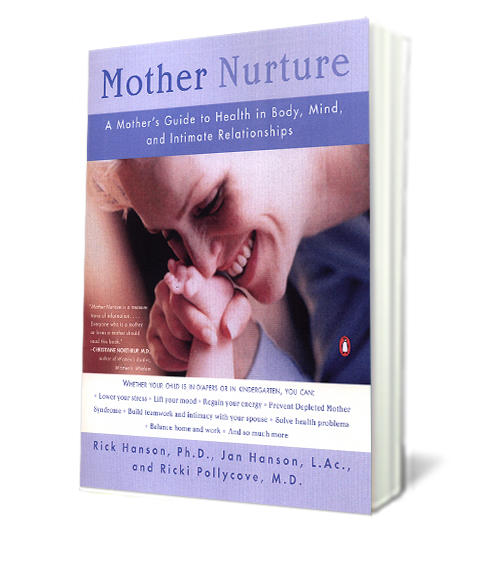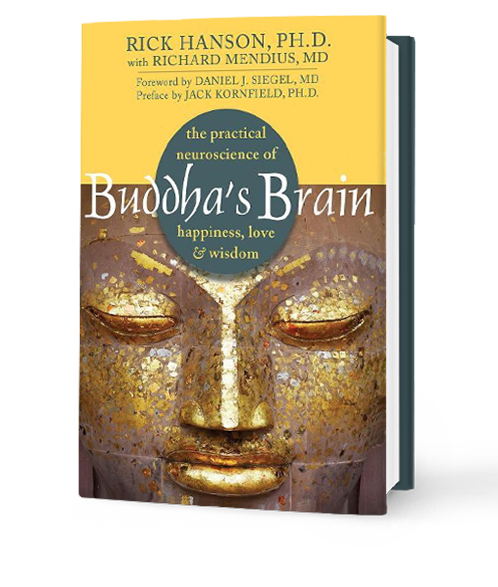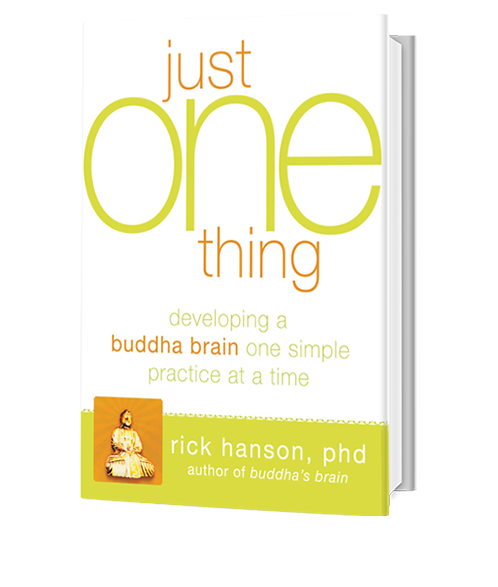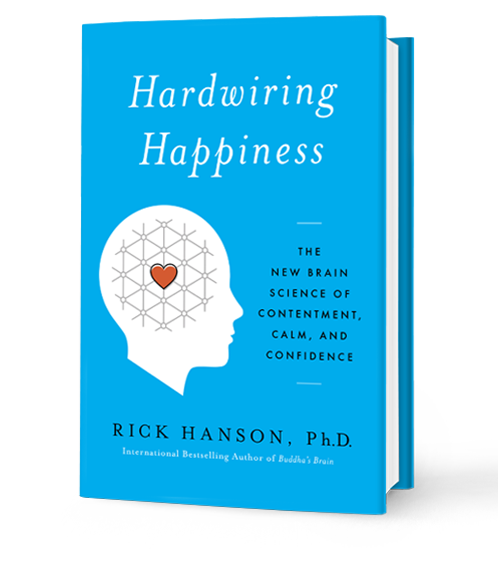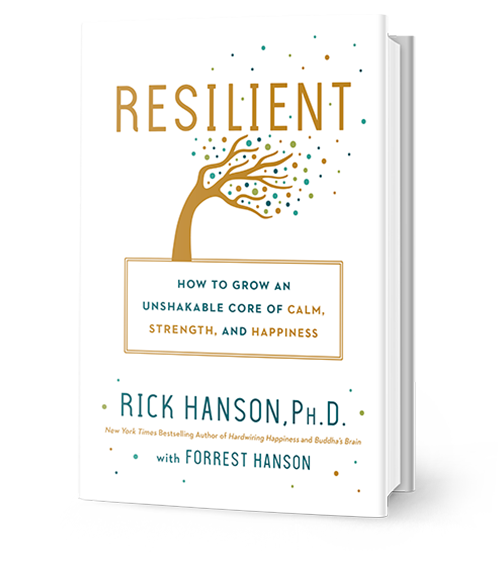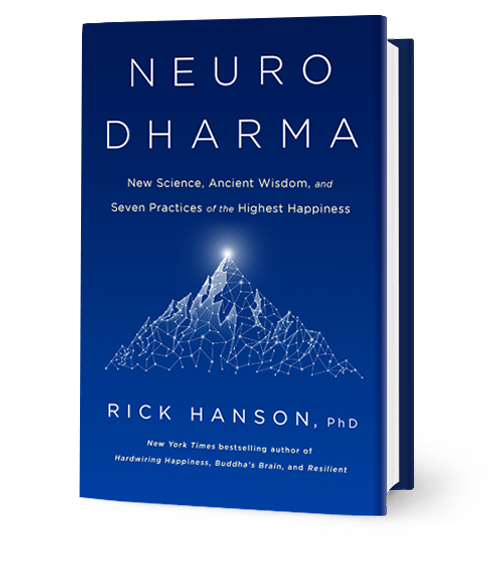My sixth book, Neurodharma: New Science, Ancient Wisdom, and Seven Practices of the Highest Happiness (May 2020), is a follow-up to my first book, Buddha’s Brain. In it, I share seven practices for strengthening the neural circuitry of profound contentment and inner peace—qualities that offer essential support in everyday life while supporting the exploration of the most radical reaches of human consciousness. It is the basis for my Neurodharma Online Program, released in 2019.
In 2021, my paper on positive brain change appeared in the peer-reviewed Journal of Positive Psychology, December 6, 2021.
My seventh book, Making Great Relationships (January 2023), is a comprehensive guide to fostering healthy, effective, and fulfilling relationships of all kinds: at home and at work, with family and friends, and with people who are challenging. As a psychologist, couples and family counselor, husband, and father, I’ve witnessed what makes relationships go badly and what you can do to make them go better.
A recurring theme in my work is the need for mental resources such as mindfulness, self-compassion, and positive emotions. We acquire these resources through learning, but there has been remarkably little attention paid to the actual “how” of growing such inner strengths. So I developed the online Positive Neuroplasticity Training to teach the general methods of self-directed brain change, and the related online Professional Course in applying these methods when working with others, such as in psychotherapy, coaching, and human resources training.
I’m a Senior Fellow of the Greater Good Science Center at UC Berkeley, and have been invited to speak at NASA as well as at Oxford, Harvard, Stanford, and other major universities. My books have been endorsed by leading scholars, meditation teachers, and self-help experts, including Thich Nhat Hanh, Lori Gottlieb, Stephen Porges, Tara Brach, Kristin Neff, Jack Kornfield, Lori Deschene, Dan Siegel, Harville Hendrix, Steven Hayes, Geneen Roth, Robert Emmons, Paul Gilbert, Mark Williams, Sharon Salzberg, Roman Krznaric, Jim Doty, Jennifer Loudon, Stan Tatkin, Michael Singer, Paul Gilbert, Christine Carter, Frank Ostaseski, Philip Zelazo, Jerome Engel, Christina Feldman, Shauna Shapiro, Ruby Wax, Joseph Goldstein, Roger Walsh, Shawn Achor, Joan Borysenko, Jim Gordon, Dacher Keltner, Daniel Levitin, and Deepak Chopra.
I have a free weekly e-newsletter, Just One Thing, which offers a simple practice taking only a few minutes to help you feel greater happiness, love, and wisdom. I have created a number of online programs and courses and my YouTube channel has many free talks, interviews, and guided experiential practices.
I began meditating in 1974 and have studied and practiced in several traditions. At the end of 2008, I completed a nine-year term on the Board of Spirit Rock Meditation Center. A graduate of their Community Dharma Leader training program, I lead a weekly meditation group in San Rafael, California, and I’ve taught at major meditation centers around the world.
My personal interests include rock climbing, sailing, novels, travel – I lived one year in Finland and one in Germany – and having fun with family and friends. You can reach me through my administrator by using this form.
For more information, please see my Summary CV or Full CV.



